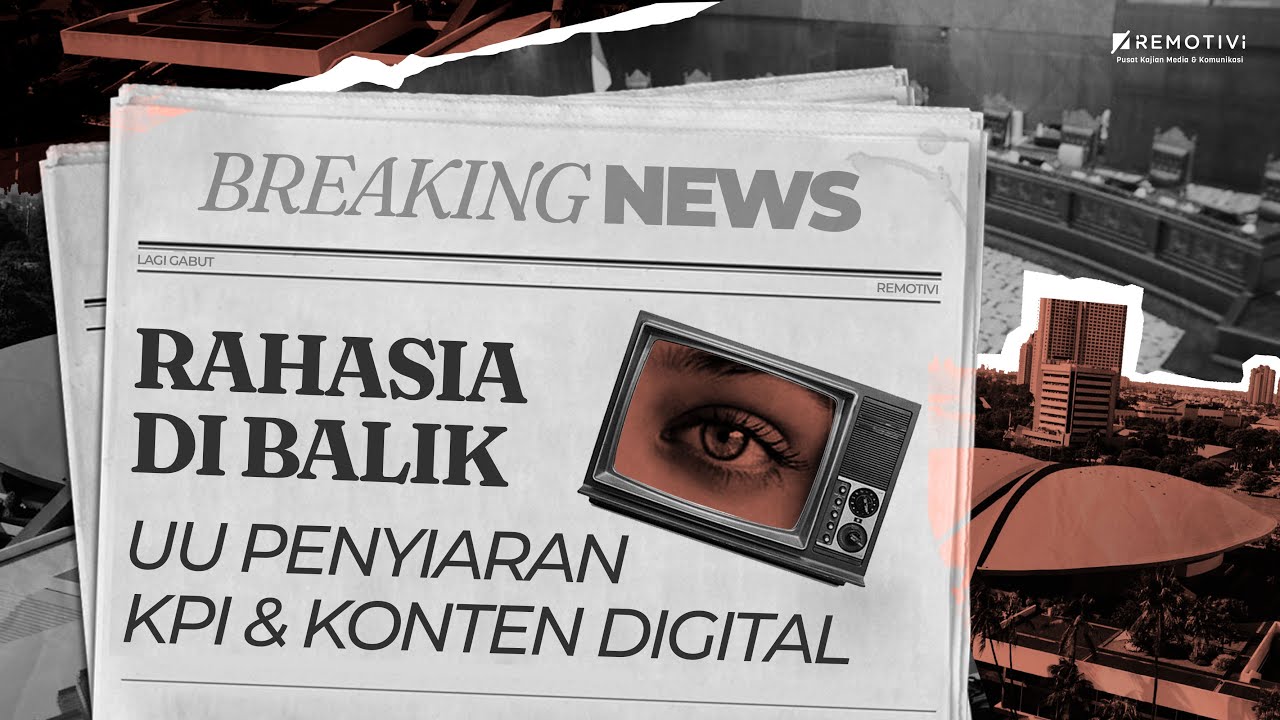Professors in Print: "Digital Empires" by Anu Bradford
Summary
TLDRAnu Bradford, a professor at Columbia Law School, discusses her book 'Digital Empires: The Global Battle to Regulate Technology,' which outlines the struggle to regulate the digital economy. She identifies three models: the American market-driven, Chinese state-driven, and European rights-driven approaches. Each model seeks to expand its influence globally, with the U.S. exporting tech company power, China exporting digital infrastructure, and Europe exporting regulatory power. Bradford foresees a bipolar digital world emerging, with authoritarian-leaning countries aligning with China and democracies moving towards the European model, posing a challenge to the U.S. to consolidate a democratic front against digital authoritarianism.
Takeaways
- 📚 Anu Bradford is a professor at Columbia Law School, focusing on EU law, digital regulation, international trade, and antitrust.
- 📖 She authored 'Digital Empires: The Global Battle to Regulate Technology' to explore the choices and consequences in the digital economy's regulation.
- 🌐 There's a global consensus on the need for digital economy regulation, but no agreement on its form.
- 🏛️ Bradford identifies three models of digital economy regulation: the American market-driven, Chinese state-driven, and European rights-driven models.
- 🌎 The American model emphasizes free Internet and speech, innovation incentives, while the Chinese model focuses on state power and technological dominance, including surveillance and censorship.
- 🛡️ The European model prioritizes individual rights, democratic structures, and fair distribution of digital economy benefits.
- 🌐 These 'digital empires' are not confined within their borders but are expanding their influence through the export of their regulatory models.
- 🇺🇸 The U.S. tech companies, like Facebook, provide global services but are also associated with significant global harms.
- 🇨🇳 China is exporting digital infrastructure, building networks and surveillance technologies, spreading its norms and standards.
- 🇪🇺 Europe, lacking in technology development, leads in regulatory development, influencing global tech through the 'Brussels effect'.
- 🤔 The digital economy is either governed by authoritarians or tech companies, challenging liberal democracy.
- 🔄 Bradford foresees a bipolar digital world, with authoritarian-leaning countries aligning with China and democracies moving towards the European model.
Q & A
What is the main focus of Anu Bradford's book 'Digital Empires: The Global Battle to Regulate Technology'?
-The book 'Digital Empires' focuses on the choices that governments, tech companies, and digital citizens face regarding the direction of the digital economy, and the forces and consequences of making those choices.
What are the three predominant ways to regulate the digital economy as discussed in 'Digital Empires'?
-The three predominant ways to regulate the digital economy are the American market-driven model, the Chinese state-driven model, and the European rights-driven model.
How does the American market-driven model approach digital economy regulation?
-The American model focuses on a free Internet, free speech, and incentives to innovate.
What are the key aspects of the Chinese state-driven model according to Anu Bradford?
-The Chinese model focuses on preserving state power, making China a technological superpower, and leveraging technology for surveillance and censorship to entrench the power of the Chinese Communist Party.
What does the European rights-driven model emphasize in terms of digital economy regulation?
-The European model emphasizes preserving individual fundamental rights, democratic structures, and a fair distribution of benefits from the digital economy.
Why are the regulatory models referred to as 'digital empires' in the book?
-The term 'digital empires' is used because these models are not confined to their jurisdictions; they export their regulatory models abroad, expanding their spheres of influence.
How does the U.S. exert its influence in the digital economy?
-The U.S. exerts its influence by exporting the private power of its tech companies, which provide services and products globally.
What is China's approach to exporting its digital economy model?
-China exports its digital infrastructure, building a 'digital Silk Road' across various continents, exporting Chinese norms and technology standards.
How does the European Union influence the global digital economy?
-The EU influences the global digital economy by developing regulations that often become global standards due to the 'Brussels effect,' where global tech companies follow European rules in their global operations.
What challenges does Anu Bradford highlight in regulating tech companies?
-Regulating tech companies is challenging due to their size, influence, and the political will required for effective regulation, which varies across jurisdictions.
What is the potential future of the digital economy according to Anu Bradford?
-Bradford suggests a future where the digital economy is either governed by authoritarians or tech companies, leading to a bipolar digital world with techno-democracies and techno-autocracies.
Outlines

Esta sección está disponible solo para usuarios con suscripción. Por favor, mejora tu plan para acceder a esta parte.
Mejorar ahoraMindmap

Esta sección está disponible solo para usuarios con suscripción. Por favor, mejora tu plan para acceder a esta parte.
Mejorar ahoraKeywords

Esta sección está disponible solo para usuarios con suscripción. Por favor, mejora tu plan para acceder a esta parte.
Mejorar ahoraHighlights

Esta sección está disponible solo para usuarios con suscripción. Por favor, mejora tu plan para acceder a esta parte.
Mejorar ahoraTranscripts

Esta sección está disponible solo para usuarios con suscripción. Por favor, mejora tu plan para acceder a esta parte.
Mejorar ahoraVer Más Videos Relacionados

Anu Bradford - The Brussels Effect: How the European Union Rules the World

Anu Bradford - Digital empires: The global battle to regulate technology

Natural Law vs. Positive Law | Introduction to Law

KPI dan Konten Digital: Rahasia di Balik RUU Penyiaran

Objective Law vs. Subjective Law | Summary and Examples | Introduction to Law

Isu Akuisisi GoTo-Grab: Serah Terima Data & Lapangan Kerja 270 Juta Masyarakat ke Tangan Asing
5.0 / 5 (0 votes)
